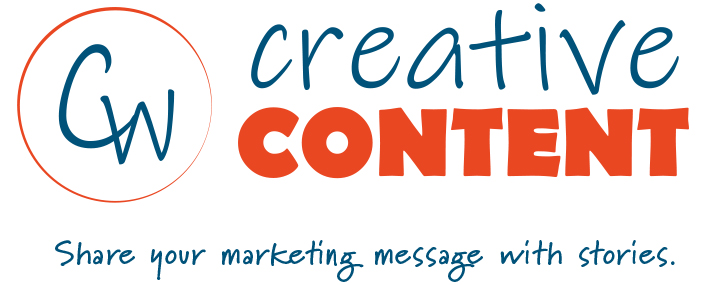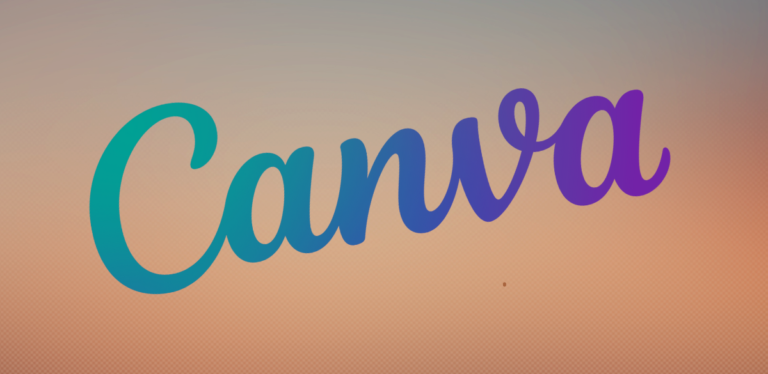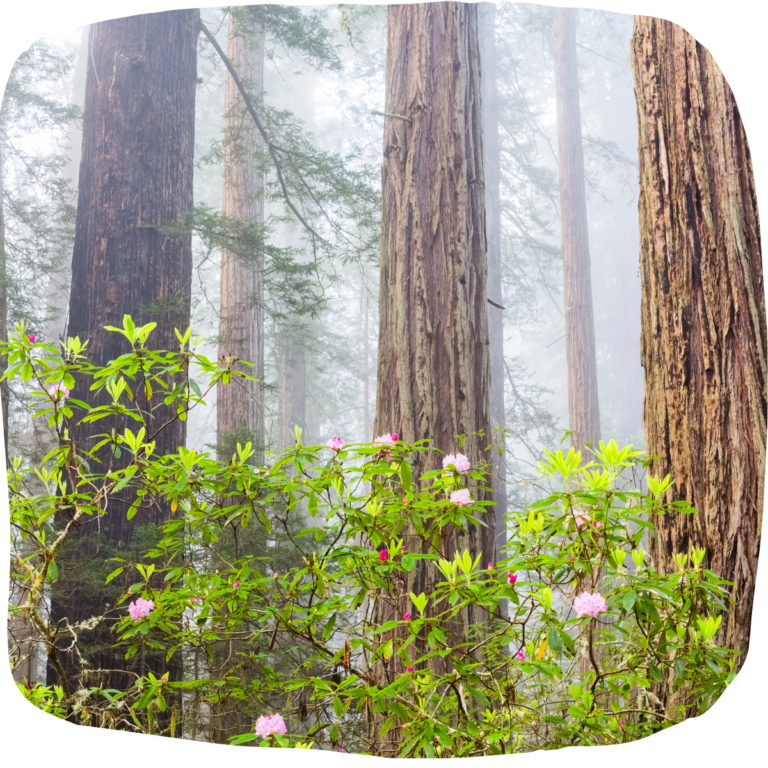Becoming a mentor is one of the most rewarding things you can do.
Merriam-Webster defines a mentor as a “trusted counselor or guide.” Another source adds this description: “A mentor typically takes the time to get to know you and the challenges you’re facing.”
Mentors are similar to coaches in several ways, but there ARE some major differences.
Mentoring vs. Coaching
COACHES are who people go to when they want to learn a specific skill, but need some one-on-one help with developing that skill, overcoming a particular challenge, or reaching a defined goal. The relationship is usually more structured than casual. And it’s usually short-term (anywhere from a few months to a few years).
MENTORS are more “holistic” in the way they work with people … and their relationship with “mentees” tends to be long-term, sometimes spanning decades. They help individuals grow both professionally AND personally by sharing knowledge and wisdom they’ve learned in their own lives. Their goal is to see mentees continue to grow and achieve goals, but their methods are usually a lot less rigorous than the strategies a coach would use.
What to Look for in a Mentor
In my opinion, mentors aren’t as easy to find as coaches are. In fact, the most important mentors I’ve had in my own life appeared unexpectedly. But looking back, I would say all of them have had four things in common:
🟩 EXPERTISE. Without exception, all of the mentors I’ve had in my life were experts in their field.
🟩 COMMITMENT. All of those mentors were also committed to investing time and energy into that role. (I wasn’t the only person each of those women mentored, so it’s obvious to me now that mentoring was/is a priority in their lives.)
🟩 ACTIVE LISTENER. The first mentor in my life (Mary Glunt) was EXTREMELY good at this … and unique in that she really enjoyed being around teens! (I was definitely not used to adults being like that.)
🟩 ALIGNMENT WITH MY GOALS. Each of my mentors knew my goal was to someday succeed at the type of work in which they were already an expert. But the guidance they offered was more than a set of “how-to” steps. My mentors invited me into their lives in a variety of ways … creating memories and experiences that still impact me today.
These four qualities are ones you’ll find in ANY good mentor.
How to FIND a Mentor
Here are three suggestions on places to look for mentors of your own:
🟧 PROFESSIONAL NETWORKS. These can be in-person networking groups you visit each month. Or they can be people you get together with online on a regular basis. Searching for groups is easy on platforms like LinkedIn, Meetup, or even Google.
🟧 VOLUNTEER ORGANIZATIONS. When you join groups made up of people who share a passion for the same things you’re passionate about, it becomes much easier to develop a mentor relationship with others. (This goes for YOU becoming a mentor, too!)
🟧 EXPERTS YOU ALREADY KNOW. If there’s a career field or line of work you’d like to explore, reach out to someone already working in that field. Chances are you already know someone who’s doing that type of work. But even if you don’t, you probably know someone who could connect you with someone like that.
After being introduced to him or her, simply ask if they’d be interested in mentoring you.
Volunteering Can Lead to Mentoring
Volunteer opportunities can be found just about anywhere you look – school PTAs, local after-school programs, a feral cat clinic …. (This last one is something my sister was involved with for a while.)
Volunteering to help with a cause you’re passionate about is rewarding not only for you, the volunteer, but also for the people you’re helping.
The skills you learn while working with others (either fellow volunteers or the kids or animals you’re working with) are ones that can someday help you become a mentor yourself.
Mentors in My Life
I was lucky to have had four mentors, at different stages of my life, each of whom have had a major impact on me.
MARY GLUNT was a drama teacher at a local junior high school who was also an artist. She encouraged me to pursue my interest in art, but more than that, she showed an interest in me as a person. Once I entered my teens, I realized how rare it was to find that quality in an adult!
CHERIE WOODWARD mentored me when I started working as a technical writer. She gave me “assignments” to give me practice in writing procedures and became a resource for all sorts of “tech stuff” for over a decade. I sometimes was a guest in her home, too. (I still have a photo of my 5-year-old son sitting on the back of a huge Clydesdale horse while we were visiting Cherie.)
MARIANNE FOSCARINI and I met at an AWAI Web Writing conference in San Diego almost exactly 13 years ago. Both of us were just getting started in the field of copywriting. She eventually became a coach, but was also a great mentor. I still have the dream board (aka “vision board”) she had me create several years ago.
BELINDA SANDOR is someone who still mentors me … in my current career as a virtual assistant. I’ve learned things about marketing (she calls it “sprinkling”) that I wish I’d known years ago, when I was still working as a freelance copywriter! The resources she continues to offer — to me and many others who have worked with her — never ceases to amaze me.
* * *
Have you had mentors in your own life that you’re grateful for?
If so, take time to thank them.








